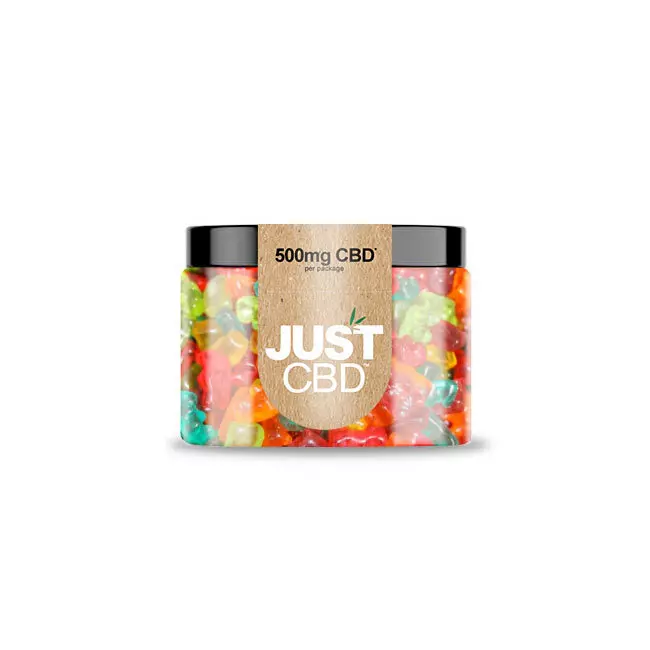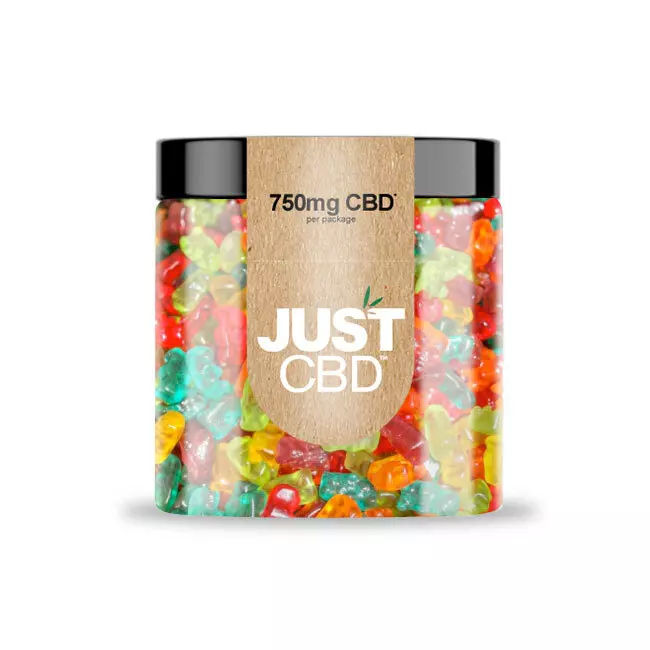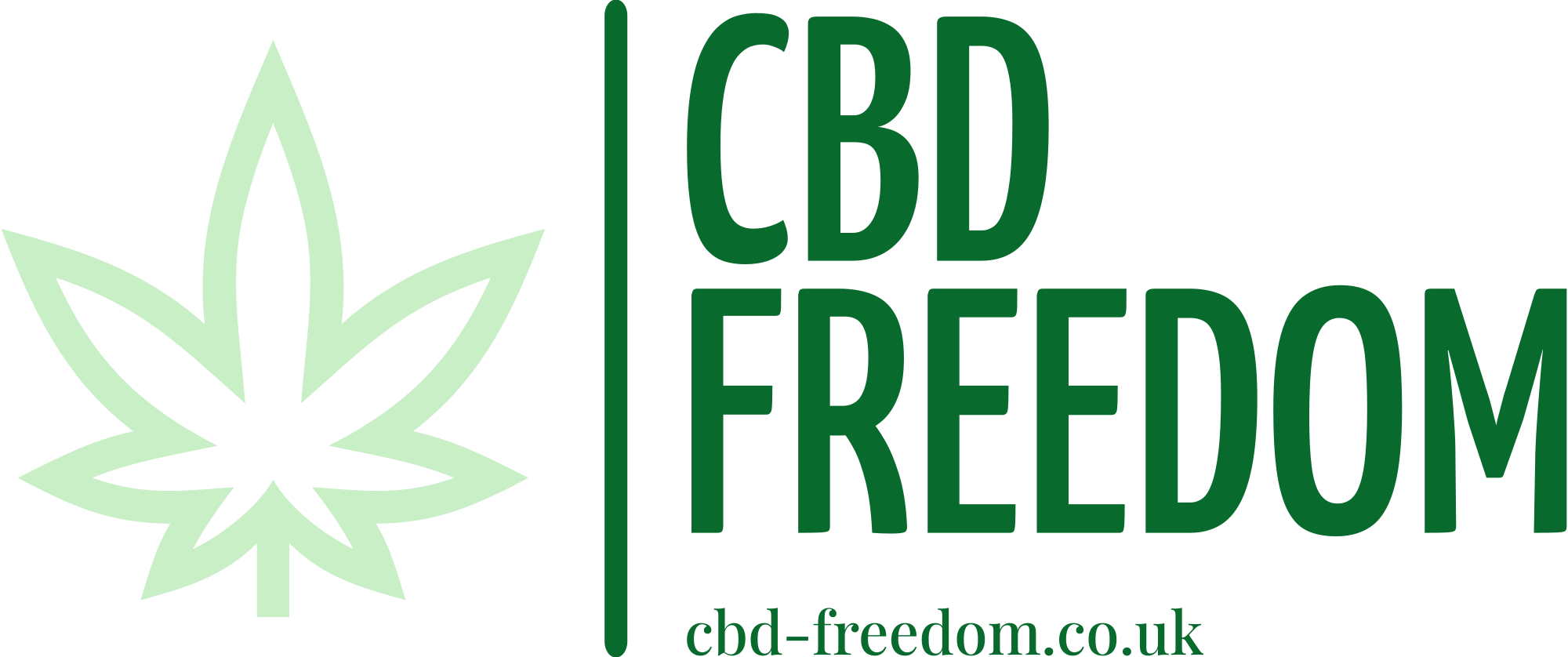Potential Mood-Boosting Effects of CBD
CBD, short for cannabidiol, has gained popularity in recent years for its potential therapeutic benefits. While widely known for its pain-relieving properties, emerging research suggests that CBD might also offer mood-boosting effects. Some individuals report experiencing reduced anxiety and improved overall well-being after using CBD products.
CBD and the Endocannabinoid System
CBD interacts with the body’s endocannabinoid system (ECS), a complex network of receptors and neurotransmitters that play a crucial role in regulating various physiological processes, including mood, sleep, appetite, and pain perception. The ECS helps maintain homeostasis, or balance, within the body.
CBD is thought to influence the ECS by binding to its receptors, particularly CB1 and CB2 receptors. These receptors are found throughout the central nervous system and immune system. By modulating the activity of these receptors, CBD may help to alleviate symptoms associated with mood disorders such as depression and anxiety.
Impact on Serotonin Levels
One proposed mechanism by which CBD might improve mood is through its impact on serotonin levels. Serotonin is a neurotransmitter known as the “happy hormone” because it plays a vital role in regulating emotions, sleep, appetite, and social behavior. Low levels of serotonin have been linked to depression, anxiety, and other mood disorders.
While research on CBD’s direct effect on serotonin production is still limited, some studies suggest that CBD may influence serotonin activity indirectly. For example, CBD has been shown to inhibit the enzyme monoamine oxidase (MAO), which breaks down serotonin in the brain. By inhibiting MAO, CBD could potentially increase the availability of serotonin, leading to mood-boosting effects.
Research on CBD for Depression
CBD, or cannabidiol, is gaining traction for its potential therapeutic benefits beyond pain relief. Emerging research suggests that CBD may hold promise for improving mood and alleviating symptoms of depression.
Existing Studies and Findings

While research on CBD’s direct effects on mood disorders is still ongoing, several studies have explored the potential link between CBD and depression.
- A 2015 study published in the journal *Neuropsychopharmacology* found that CBD reduced anxiety-like behavior in rats exposed to a stressful situation.
- A 2019 review article in the *Journal of Affective Disorders* examined several studies and concluded that CBD showed promise as a treatment for anxiety disorders, which often co-occur with depression.
- Some small clinical trials have investigated the effects of CBD on individuals with depression. While results are preliminary, some participants reported improvements in mood, sleep quality, and overall well-being after taking CBD.

It’s important to note that more large-scale, randomized controlled trials are needed to confirm these findings and establish the optimal dosage and treatment protocols for CBD in depression.
Limitations of Current Research
Research on CBD for depression is still in its early stages, and while some studies have shown promising results, limitations exist. Many of the existing studies are small in scale and often involve animal models or rely on self-reported data from individuals, which can be subjective.
Furthermore, research hasn’t yet established a clear link between specific CBD dosages and depression symptom reduction. Determining the optimal dosage for treating depression with CBD remains an area of active investigation.
Another limitation is the lack of standardized protocols for administering CBD. Variations in product quality, concentration, and delivery methods can influence the effectiveness of treatment. More standardized approaches are needed to ensure consistent and reliable results.
Factors to Consider When Using CBD for Depression
Considering the potential benefits of CBD for mood disorders like depression, it’s essential to approach its use with a well-informed perspective. Several factors should be carefully considered before incorporating CBD into a treatment plan for depression.
Dosage and Administration
Firstly, consult with a healthcare professional. It is crucial to discuss your intention to use CBD with a doctor or psychiatrist, especially if you are already taking medications or have any underlying health conditions. They can provide personalized advice and guidance based on your individual circumstances.
Next, consider the source and quality of CBD products. Opt for reputable brands that provide third-party lab testing results to verify purity, potency, and the absence of contaminants. Look for full-spectrum or broad-spectrum CBD oils, which contain a range of cannabinoids and terpenes that may offer synergistic benefits.
Start with a low dose and gradually increase it as needed. The appropriate dosage of CBD can vary widely depending on factors such as body weight, individual metabolism, and the severity of depression symptoms. Begin with a small dose, monitor your response, and adjust accordingly under the guidance of a healthcare professional.
Be patient and consistent with your CBD regimen. It may take several weeks or even months to experience noticeable improvements in mood. Consistency is key when it comes to reaping the potential benefits of CBD.
Remember that CBD is not a substitute for conventional depression treatment, such as psychotherapy or medication. It may be most effective when used as a complementary therapy alongside these established treatments.
Potential Interactions with Medications
When considering CBD for depression, several factors warrant attention. Firstly, consult with a healthcare professional to ensure its safety and appropriateness given your medical history and current medications.
CBD can interact with certain medications, such as antidepressants, anti-anxiety drugs, blood thinners, and drugs metabolized by the cytochrome P450 enzyme system. These interactions could potentially alter medication effectiveness or increase the risk of side effects.
It’s crucial to disclose all medications you are taking to your doctor before using CBD.
Be mindful that research on CBD for depression is ongoing and more conclusive evidence is needed to determine optimal dosages, long-term effects, and potential risks.
Quality and Source of CBD Products
When considering CBD for depression, several factors warrant attention. Firstly, consult with a healthcare professional to ensure its safety and appropriateness given your medical history and current medications. CBD can interact with certain medications, such as antidepressants, anti-anxiety drugs, blood thinners, and drugs metabolized by the cytochrome P450 enzyme system. These interactions could potentially alter medication effectiveness or increase the risk of side effects. It’s crucial to disclose all medications you are taking to your doctor before using CBD.
Another key factor is the quality and source of CBD products. Opt for reputable brands that provide third-party lab testing results to verify purity, potency, and the absence of contaminants. Look for full-spectrum or broad-spectrum CBD oils, which contain a range of cannabinoids and terpenes that may offer synergistic benefits.
Start with a low dose and gradually increase it as needed. The appropriate dosage of CBD can vary widely depending on factors such as body weight, individual metabolism, and the severity of depression symptoms. Begin with a small dose, monitor your response, and adjust accordingly under the guidance of a healthcare professional.
Remember that CBD is not a substitute for conventional depression treatment, such as psychotherapy or medication. It may be most effective when used as a complementary therapy alongside these established treatments.
Alternative Treatments and Therapies
CBD, short for cannabidiol, has gained popularity in recent years for its potential therapeutic benefits. While widely known for its pain-relieving properties, emerging research suggests that CBD might also offer mood-boosting effects. Some individuals report experiencing reduced anxiety and improved overall well-being after using CBD products.
Therapy and Counseling
CBD interacts with the body’s endocannabinoid system (ECS), a complex network of receptors and neurotransmitters that play a crucial role in regulating various physiological processes, including mood, sleep, appetite, and pain perception. The ECS helps maintain homeostasis, or balance, within the body.
CBD is thought to influence the ECS by binding to its receptors, particularly CB1 and CB2 receptors. These receptors are found throughout the central nervous system and immune system. By modulating the activity of these receptors, CBD may help to alleviate symptoms associated with mood disorders such as depression and anxiety.
One proposed mechanism by which CBD might improve mood is through its impact on serotonin levels. Serotonin is a neurotransmitter known as the “happy hormone” because it plays a vital role in regulating emotions, sleep, appetite, and social behavior. Low levels of serotonin have been linked to depression, anxiety, and other mood disorders.
While research on CBD’s direct effect on serotonin production is still limited, some studies suggest that CBD may influence serotonin activity indirectly. For example, CBD has been shown to inhibit the enzyme monoamine oxidase (MAO), which breaks down serotonin in the brain. By inhibiting MAO, CBD could potentially increase the availability of serotonin, leading to mood-boosting effects.
Research on CBD for depression is still in its early stages, and while some studies have shown promising results, limitations exist. Many of the existing studies are small in scale and often involve animal models or rely on self-reported data from individuals, which can be subjective. Furthermore, research hasn’t yet established a clear link between specific CBD dosages and depression symptom reduction.
Another limitation is the lack of standardized protocols for administering CBD. Variations in product quality, concentration, and delivery methods can influence the effectiveness of treatment. More standardized approaches are needed to ensure consistent and reliable results.
Considering the potential benefits of CBD for mood disorders like depression, it’s essential to approach its use with a well-informed perspective. Several factors should be carefully considered before incorporating CBD into a treatment plan for depression.
Firstly, consult with a healthcare professional. It is crucial to discuss your intention to use CBD with a doctor or psychiatrist, especially if you are already taking medications or have any underlying health conditions. They can provide personalized advice and guidance based on your individual circumstances.
Next, consider the source and quality of CBD products. Opt for reputable brands that provide third-party lab testing results to verify purity, potency, and the absence of contaminants. Look for full-spectrum or broad-spectrum CBD oils, which contain a range of cannabinoids and terpenes that may offer synergistic benefits.
Start with a low dose and gradually increase it as needed. The appropriate dosage of CBD can vary widely depending on factors such as body weight, individual metabolism, and the severity of depression symptoms. Begin with a small dose, monitor your response, and adjust accordingly under the guidance of a healthcare professional.
Be patient and consistent with your CBD regimen. It may take several weeks or even months to experience noticeable improvements in mood. Consistency is key when it comes to reaping the potential benefits of CBD.
Lifestyle Changes and Stress Management
CBD gummies are a popular method for consuming cannabidiol, but their effectiveness for improving mood and alleviating depression requires further research. While some anecdotal reports suggest positive effects, scientific evidence is still limited.
Here’s what we know so far:
* **CBD and the Endocannabinoid System:** CBD interacts with the body’s endocannabinoid system (ECS), which plays a role in regulating mood, sleep, appetite, and pain. By influencing ECS activity, CBD may have mood-modulating effects.
* **Potential for Serotonin Regulation:** Some studies suggest that CBD might indirectly impact serotonin levels, a neurotransmitter linked to happiness and well-being. However, more research is needed to confirm this link.
**Important Considerations:**
* **Limited Research:** Clinical trials investigating CBD specifically for depression are still in early stages. Larger, well-controlled studies are necessary to determine its efficacy and safety.
* **Dosage and Individual Variation:** The optimal dosage of CBD for mood disorders varies depending on individual factors such as weight, metabolism, and the severity of symptoms. It’s crucial to start with a low dose and gradually increase it under the guidance of a healthcare professional.
**Consult with a Healthcare Professional:**
Before using CBD gummies or any CBD product for depression, consult with a doctor or psychiatrist. They can assess your individual needs, consider potential interactions with other medications, and provide personalized recommendations.
Remember that CBD should not be considered a replacement for traditional depression treatments such as therapy or medication. It may be most effective when used as a complementary approach alongside these established therapies.
Relax with Premium CBD Edibles Online
Grab daily cbd gummy edibles from JustCBD
Check out the complete breakdown
Explore the whole content
- Why CBD Gummies Are A Great Option For Managing Symptoms Of Anxiety And Stress - November 10, 2025
- What Is The Best Filler For Sagging Cheeks? - November 9, 2025
- What Are The Benefits Of CBD Gummies For Weight Loss And Appetite Control - November 6, 2025
